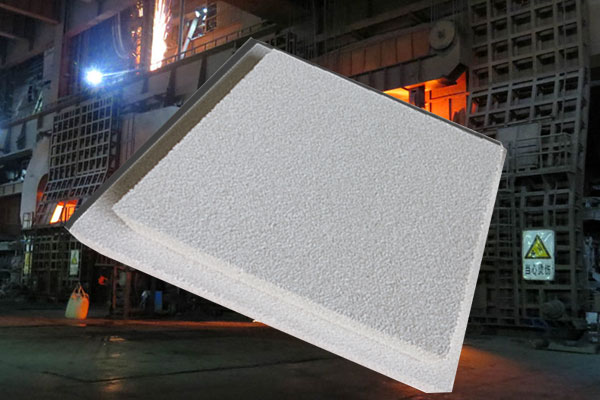Ceramic Foam Filter Bratsk Aluminium has replaced filters and is widely used in casting systems in the field of Aluminium melt filtration.
Ceramic Foam Filter Bratsk Aluminium uses good portiforium foam and high purity ceramic as raw material, can removes non-metal solid mixture from molten aluminium and aluminium alloy effectively in your aluminium casting industry.
Using the right High-Temperature Materials will affect your productivity in a positive way!
Ceramic Foam Filters for molten aluminum filtration are made of the basic raw material Aluminium Oxide. They are manufactured with porosities varying from 10 to 60 pores per inch (PPI). Also, combo sets are made in 20-30 PPI and other selections are possible. Different sizes and custom-made filters are manufactured according to specifications.

Russia’s Rusal was sanctioned by the United States. It is now investing $200m in a plant in Kentucky.
London (CNN Business) — Russian aluminum giant Rusal was under U.S. sanctions for much of last year.
It is now pouring $200m into a new project in Kentucky.
Rusal, the largest aluminium producer outside China, will help finance and supply a low-carbon aluminium mill under construction in the eastern part of the state, parent company En+ Group said on Sunday.
The Russian company will take a 40 per cent stake in the project, which is led by US start-up Braidy Industries.
The 2.5 million square foot plant in Kentucky will produce metals for the automotive and aerospace industries.
The current leader in the global aluminum industry is RUSAL, a Russian company that accounts for about 12.5 percent of global aluminum production, securing production facilities to produce 3.9 million tons of aluminum per year. The Krasnoyarsk plant is owned by Rusal.
It is the world’s second-largest aluminium producer. The plant has a capacity of 1 million tonnes of aluminium per year (about 24% of Russian aluminium production and 2.4% of global aluminium production).
Aluminum production is very energy intensive. As a result, aluminum plants are built mainly in areas where there is free access to powerful energy.
In our case, this source is the Krasnoyarsk hydropower station (6,000 MW). The Krasnoyarsk smelter consumes about 70 percent of the electricity generated.

